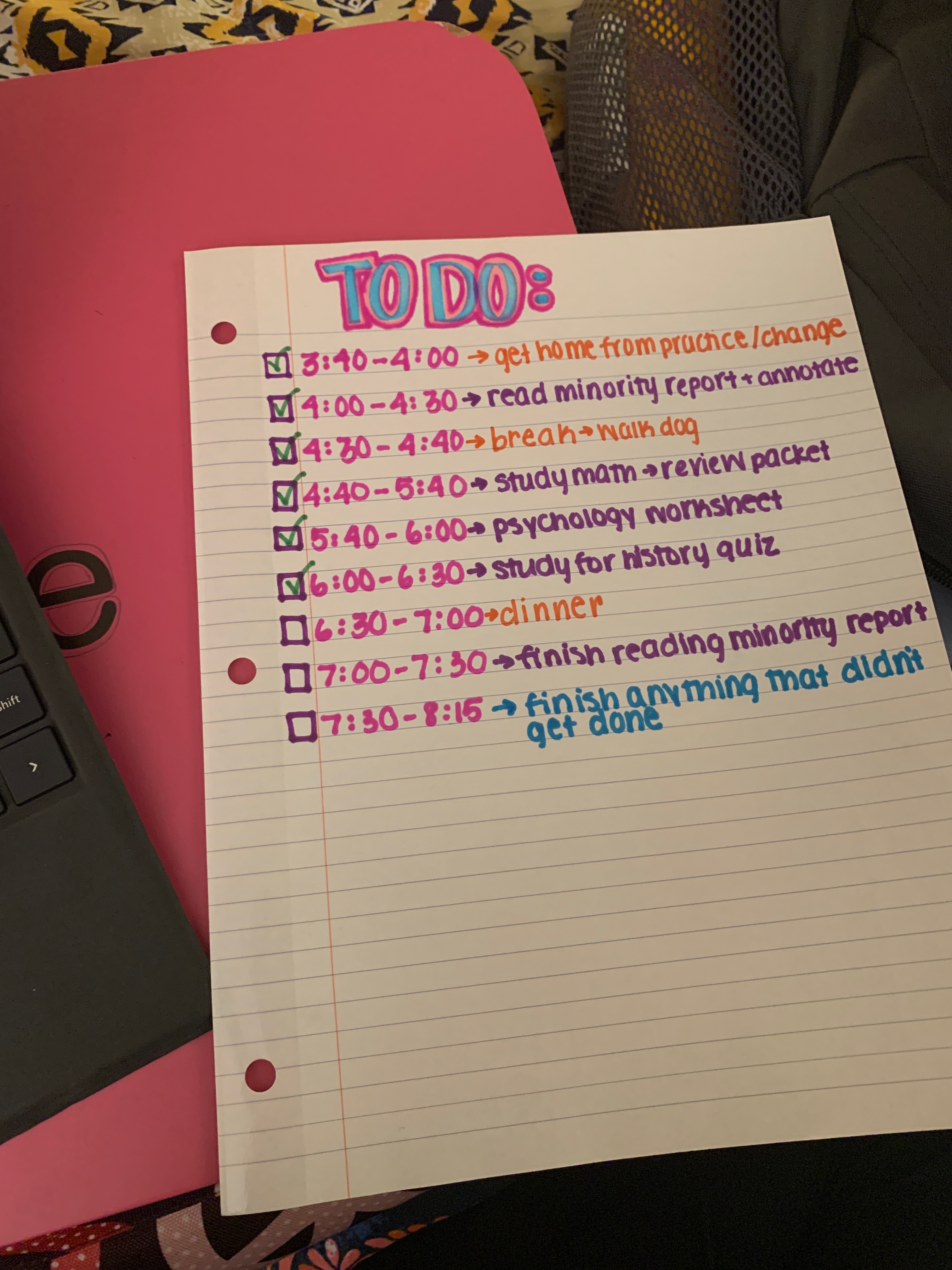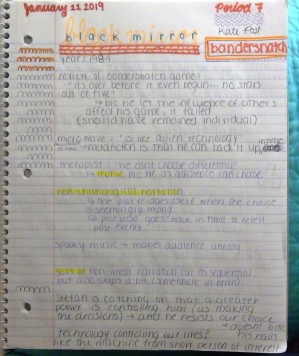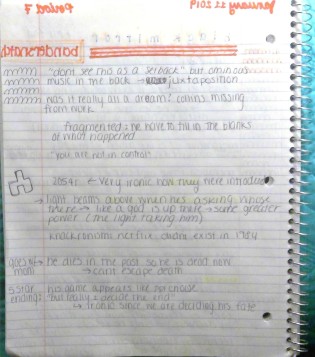Recently in my english class we read the article “How I Fell Out of Love With the Internet,” by Avery Erwin. Erwin used an interesting command technique in his writing that was like a step by step list. It made you feel as though you were completing the steps as you read the article.
After reading and discussing the article, my teacher challenged us to write our own version of the article. Below starts my version entitled “How I Fell Out of Love With Learning.”
How I Fell Out of Love With Learning
Just the Beginning: Go to your first day of Kindergarten. Say goodbye to your parents. Meet your teacher. Look at all the shapes and colors around the room and become mesmerized by them. Find the cubby with your name on it and store your things there. Sit where you were directed to have a seat. Admire your name tag sitting on your desk. Become excited that today you will learn something new.
Over the next year learn the alphabet, and how to write your name. Become familiar with vowels and the infinite combinations of numbers you can make. Summer comes along and you feel a sense of disappointment. You like your class and your teacher, but you still find yourself excited to come back next year.
Third Grade: Learn to write in cursive! Go on your first field trip to the Liberty Science Center! Complete your first project. Learn the Multiplication tables and have your first spelling quiz! Continue to enjoy school!
You’re growing up: Start changing classes! Get your first assignment to complete over the weekend. Write your first five paragraph essay. Think that you have too much going on and feel stress for the first time, but know that it gets much harder than this. Look at your report card and see that you have just received your first letter grade. Realize it’s time to go to middle school soon.
Sixth: Move to the middle school hallway and decorate your first locker with photos, a mirror, and a carpet. Get pushed around in the halls by the big kids. Learn the pattern of the bells so you know when to switch classes.
The End of Part One: Its your last first day of middle school! Begin to count down the days until high school. 180 school days later: Congratulations! You have graduated from middle school! Don’t get too excited, high school is almost here!
Being the Little Fish Again: Hear upperclassman in the halls whisper, “Classic Freshman.” Know that it’s not personal and you will find yourself saying the same things next year. Find yourself occasionally wishing you could go back to the place you thought you would never miss: middle school. Pick your schedule for next year. Feel the pressure from your peers to challenge yourself and take as many difficult classes as you can.
The Infamous Junior Year: It’s time to create a schedule that you are told “Should look good to colleges.” Fill that schedule with AP and Honors classes. Find yourself realizing you are studying for the grade rather than a love for the class itself. Get bombarded by assignments from all of your classes and realize they are all due tomorrow. Get a bad grade on a test and convince yourself it means you won’t get into college. Speaking of college, “Do you know where you want to go and what you want to study?” This is what you will be asked by every person you meet this year. Become stresses. Crumple the paper, cry into your pillow, and count down the days until summer. Just remember that the workload will let up soon. Its more about when the work will get done than the fun in learning it. You have fallen out of love with learning.
Works Cited
Erwin, Avery. “How I Fell Out of Love with the Internet.” ConsenSys Media, ConsenSys Media, 14 Feb. 2019, media.consensys.net/how-i-fell-out-of-love-with-the-internet-1a8d3f9dc0c3.




